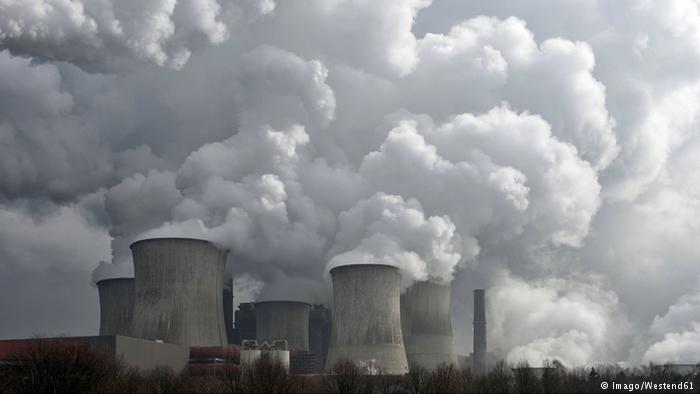Nigeria’s economy grew by 3.46% in the third quarter of 2024, with total output reaching ₦20.115 trillion, up from ₦18.285 trillion in Q2 2024, according to the Central Bank of Nigeria (CBN). This marks the third consecutive quarterly expansion, driven largely by growth in the non-oil sector and supported by falling inflation, which eased due to restrictive monetary policies and a reduction in food prices.
The CBN’s Economic Report for Q3 2024 highlights the role of improved business conditions, streamlined processes, and infrastructure investments in sustaining the growth trajectory. The non-oil sector led the expansion, growing by 3.37%, fueled by strong performances in the financial, insurance, ICT, and trade sub-sectors. These sub-sectors collectively contributed 3.18 percentage points to GDP growth.
The financial and insurance sub-sector grew an impressive 30.83%, bolstered by gains from the banking sector’s recapitalization exercise, interest income growth, and the expansion of digital payment systems. The ICT sub-sector, buoyed by demand for e-commerce and internet services, grew by 5.92%, contributing 0.95 percentage points to overall GDP growth.
The services sector remained dominant, accounting for 53.58% of GDP, with a 5.19% growth rate, up from 3.79% in Q2 2024. Transport and storage also recorded significant growth, expanding by 12.15%, driven by improved road security, infrastructure investments, and the adoption of compressed natural gas (CNG) for transportation.
The agriculture sector grew modestly by 1.14%, supported by favorable weather and increased crop production. However, the fishing sub-sector contracted by 1.91%, reflecting challenges within the industry.
Crude oil production increased from 1.27 million barrels per day (mbpd) in Q2 to 1.33 mbpd in Q3, aided by enhanced security in the Niger Delta region. This helped the oil sector grow by 5.17% year-on-year, though the performance was slower than Q2 due to a dip in Bonny Light crude prices to $82.07 per barrel from $86.92 per barrel.
The industrial sector grew by 2.18%, supported by gains in water supply, waste management, and mild expansions in electricity and construction. However, the mining and quarrying sub-sector faced significant contractions, shrinking by 61.36%, highlighting ongoing challenges within the extractive industries.
Overall, the CBN’s report reflects sustained economic resilience despite global and domestic headwinds, driven by strategic reforms and targeted policy interventions.





